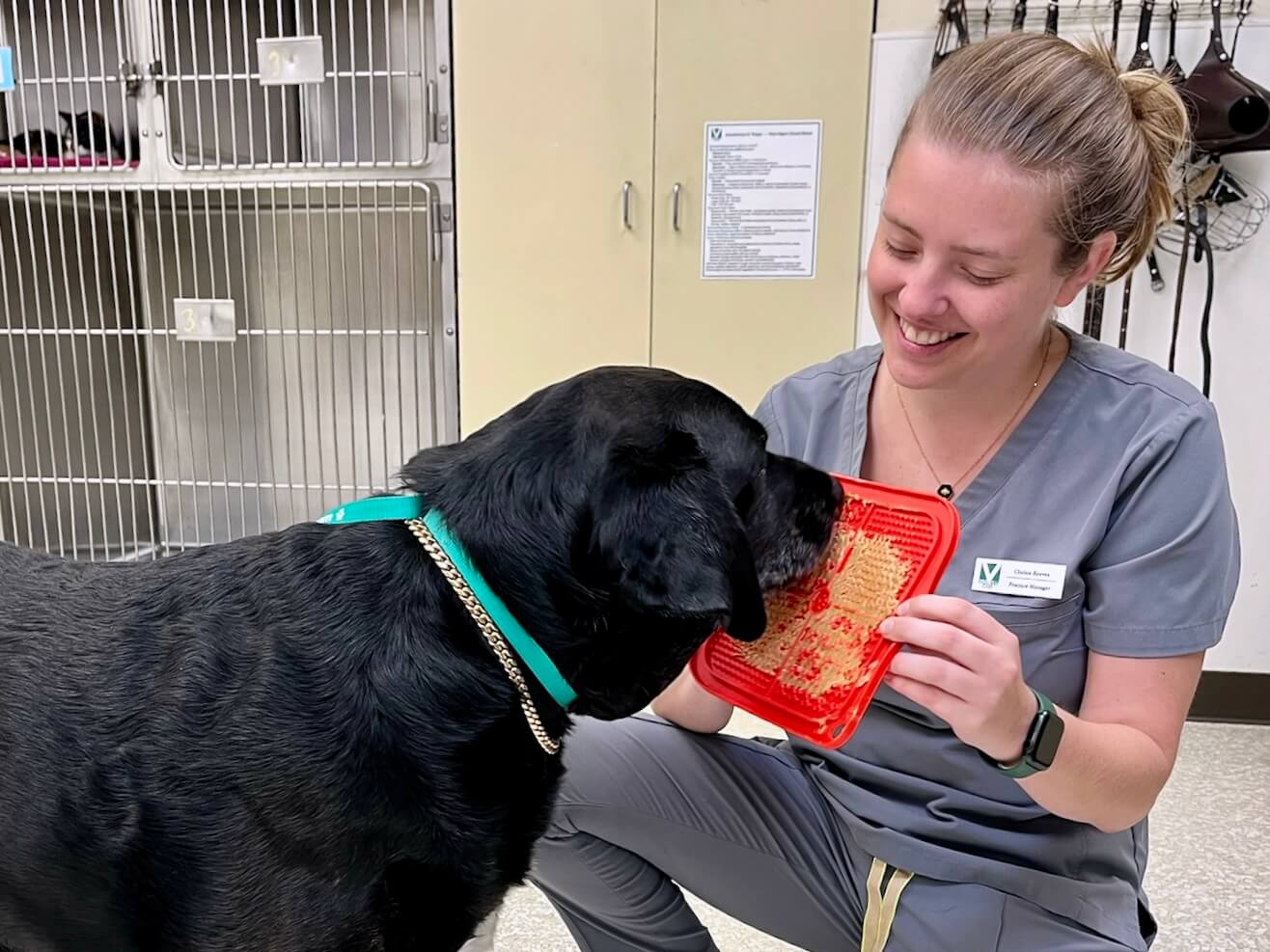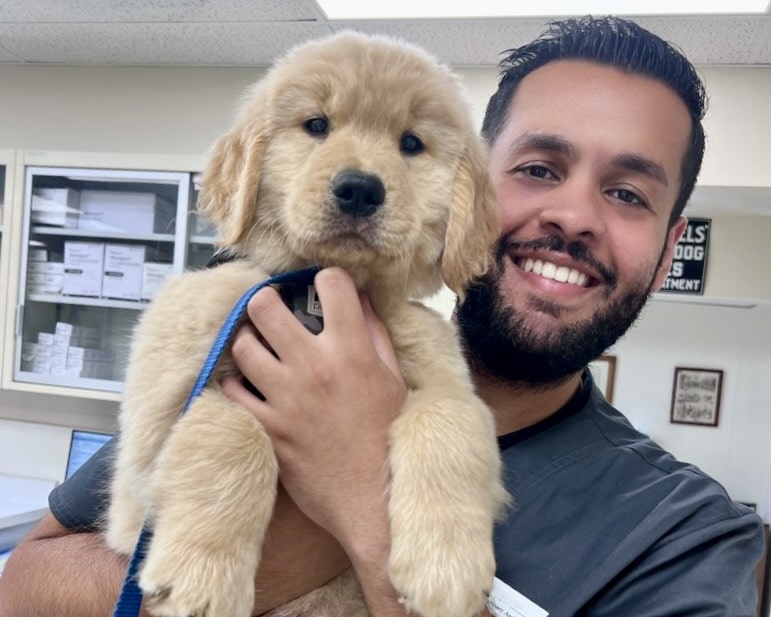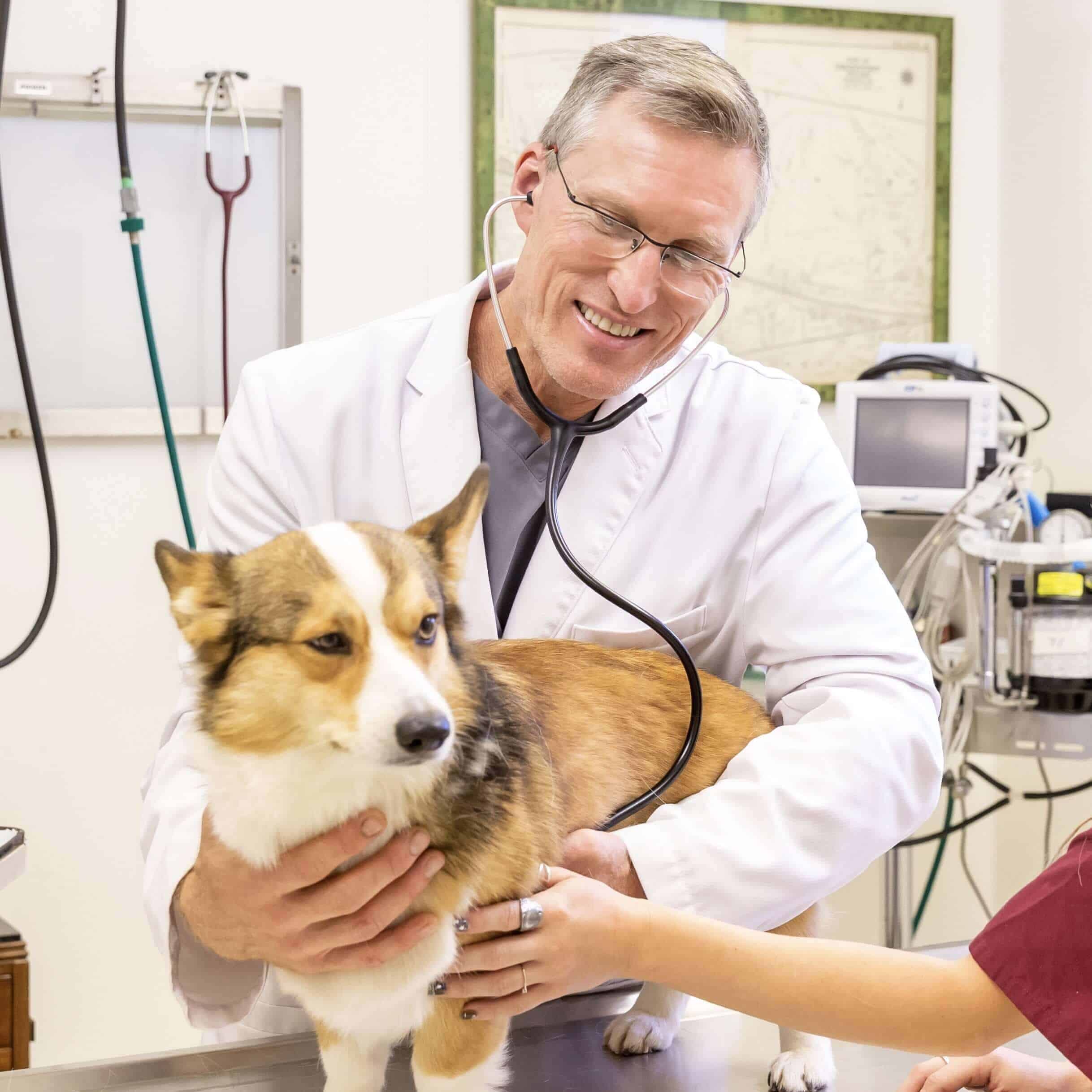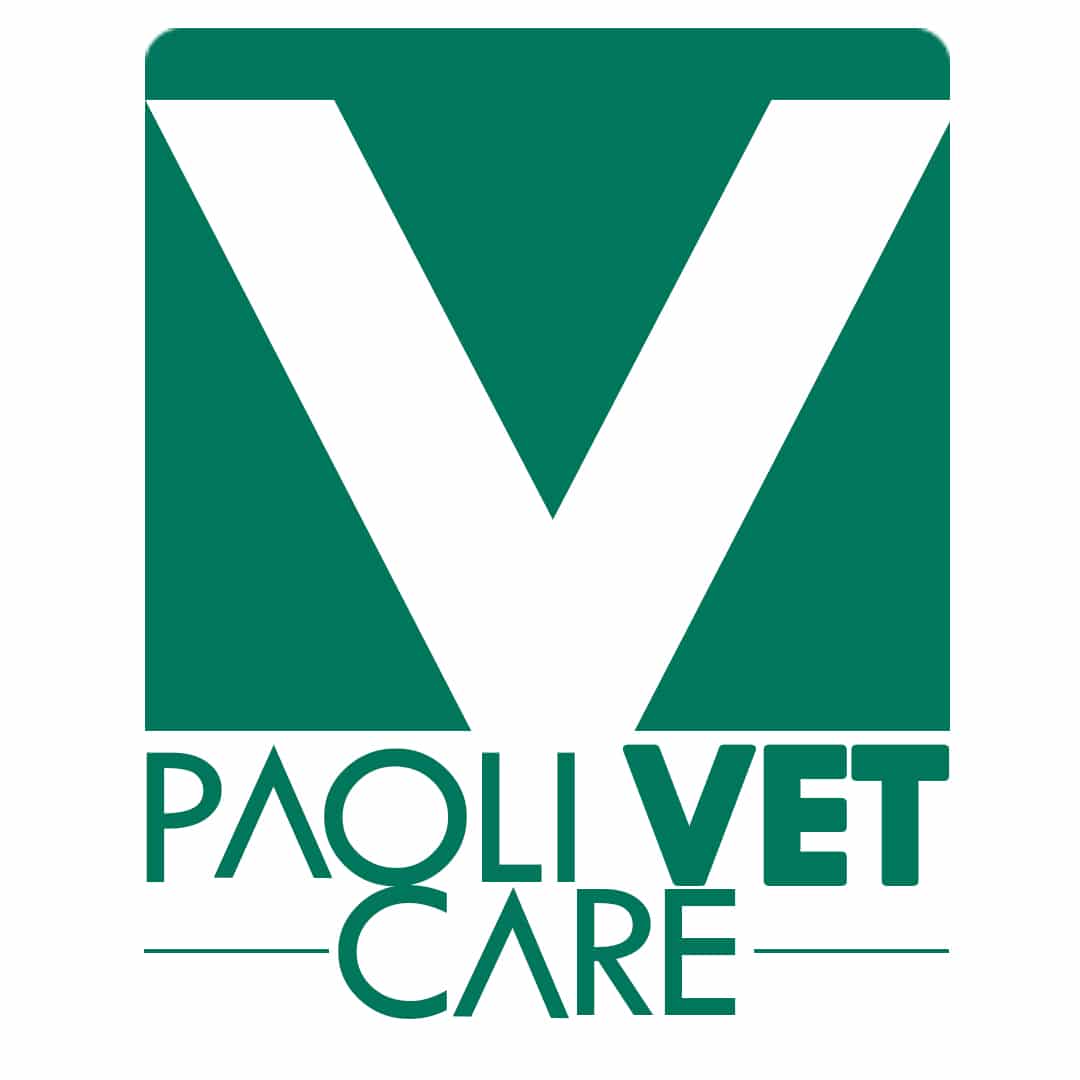Benefits of Preventive Medicine
A regular physical exam is a gift 🎁 to your pet that will produce tangible benefits to their health and well-being, as well as provide you with potential for cost savings and peace of mind!!
Veterinarians recommend physical exams every six months rather than only annually because pets age 4 – 7 times faster than humans, so a six-month interval for them is equivalent to several years in human terms, allowing health conditions to develop rapidly in a shorter timeframe. Semi-annual exams become more important as your pet enters middle age and are essential for senior pets.
The transition from middle-aged to senior pet occurs around 7 years of age for medium-sized dogs, a year or two earlier for large and giant breeds, and a year or two later for cats and small dogs.

TOP 10 REASONS FOR REGULAR PET PHYSICAL EXAMS
- Early Disease Detection: Catching illnesses early often means more treatment options, lower costs, better prognosis, improved quality of life, and increased lifespan by addressing small issues before they become big problems.
- Vaccinations and Preventive Care: Staying current on vaccines and parasite prevention protects your pet from serious and potentially fatal diseases like rabies, distemper, and heart worms — and prevents parasite exposure and infection of your family.
- Dental Health: Regular exams can prevent painful dental disease, which can lead to infection or impact the heart, kidneys, or liver.
- Unnoticed Illness or Injury: Pets often mask symptoms; annual exams reveal hidden issues before they worsen.
- Age-Appropriate Care: As pets age, their needs change. Exams allow the veterinarian to tailor care to your pet’s life stage.
- Pain Prevention: Pets often hide pain; annual exams help detect and relieve discomfort from conditions like arthritis or injuries.
- Skin and Coat Issues: Allergies, infections, or parasites are common and may go unnoticed until they cause severe discomfort.
- Behavior Issues: Many behavioral changes (e.g., aggression, accidents in the house) have medical causes that can be addressed during an exam.
- Weight Management: Overweight pets face higher risks for diabetes, arthritis, and heart disease. Annual visits ensure their diet and activity are appropriate.
- Building a Health History: Regular visits and annual wellness blood work creates a comprehensive medical record that helps in diagnosing and treating future issues more accurately.
LEARN MORE AT THE AVMA: Preventive Pet Healthcare Resources

HOW OFTEN DOES MY PET NEED A CHECKUP?
Are you ready to come see us?
Request an appointment online in minutes! Click the button below to get started.
What Our Customers Say
Jay Rowan is a great vet. I love the way he practices medicine – very caring, compassionate, and practical. I trust him completely with my pets – we have been going to him for more than 10 years.
Cat vomited her food for 2 days, ate little if anything the following 2 days. Emily suggested what to feed her & symptoms to monitor before making office visit. Dropped off cat Fri. Received call from Dawn w/ thorough info/diagnosis. All is well.
Dr. Rowan took the time to listen to my concerns regarding my dog’s symptoms and completed a thorough examination.
Meet Our Team of Vets for Phoenixville, PA

Jay Rowan, VMD

Dr. Erin Downes
Dr. Erin Downes is a pet enthusiast and an educator and one of Paoli Vetcare’s greatest strengths. A lifelong lover of animals, Erin has spent three decades putting pets first.



